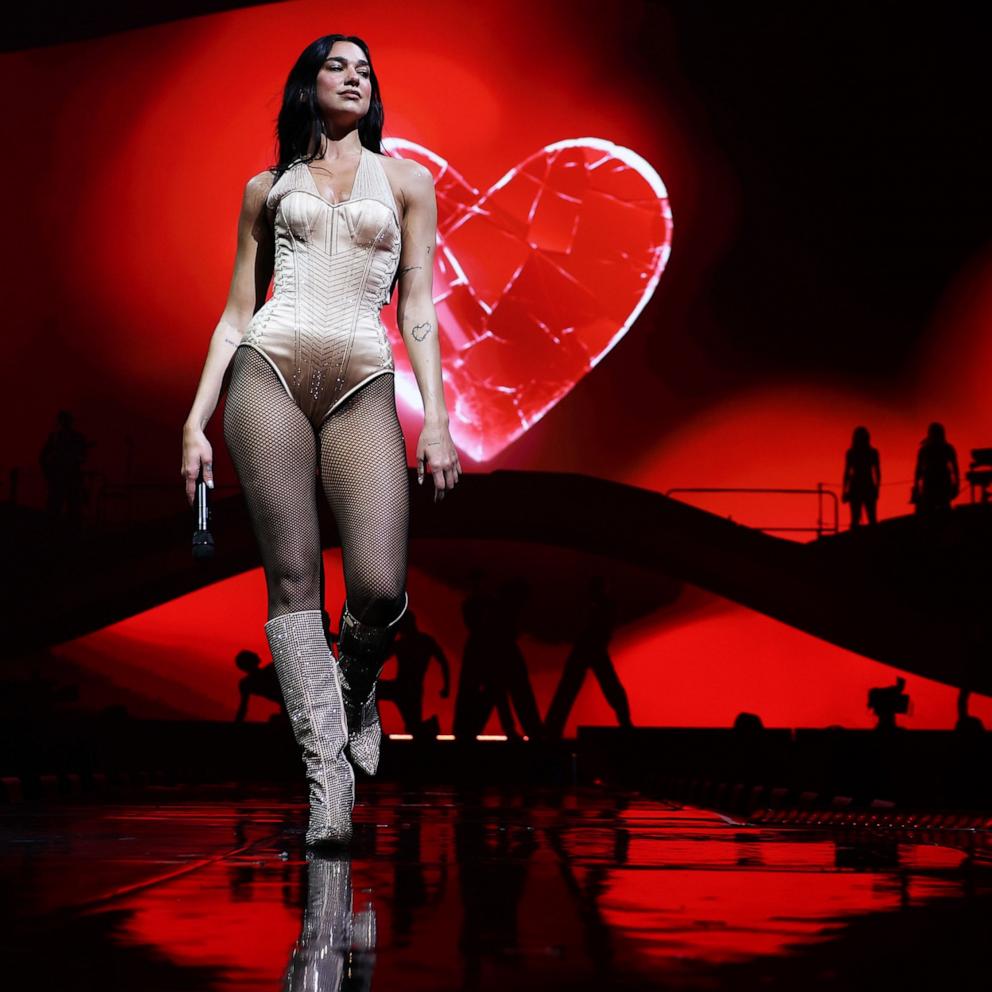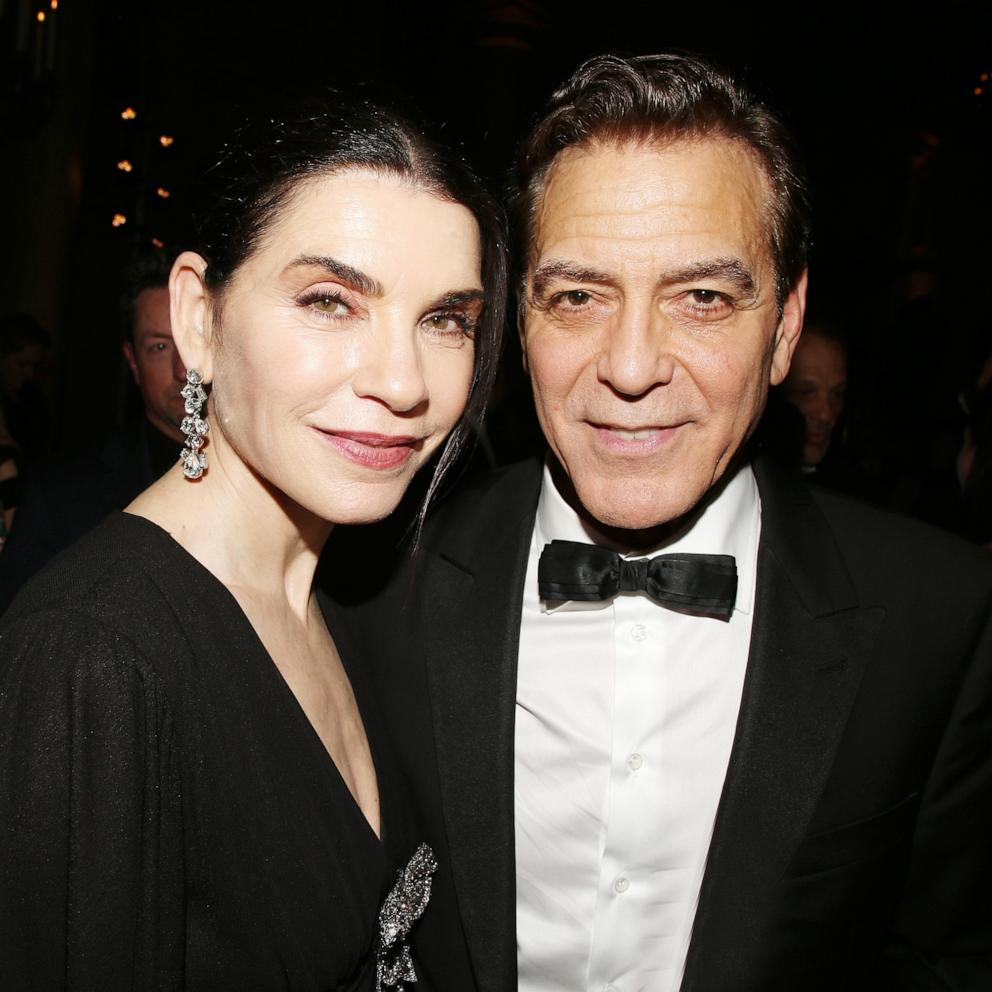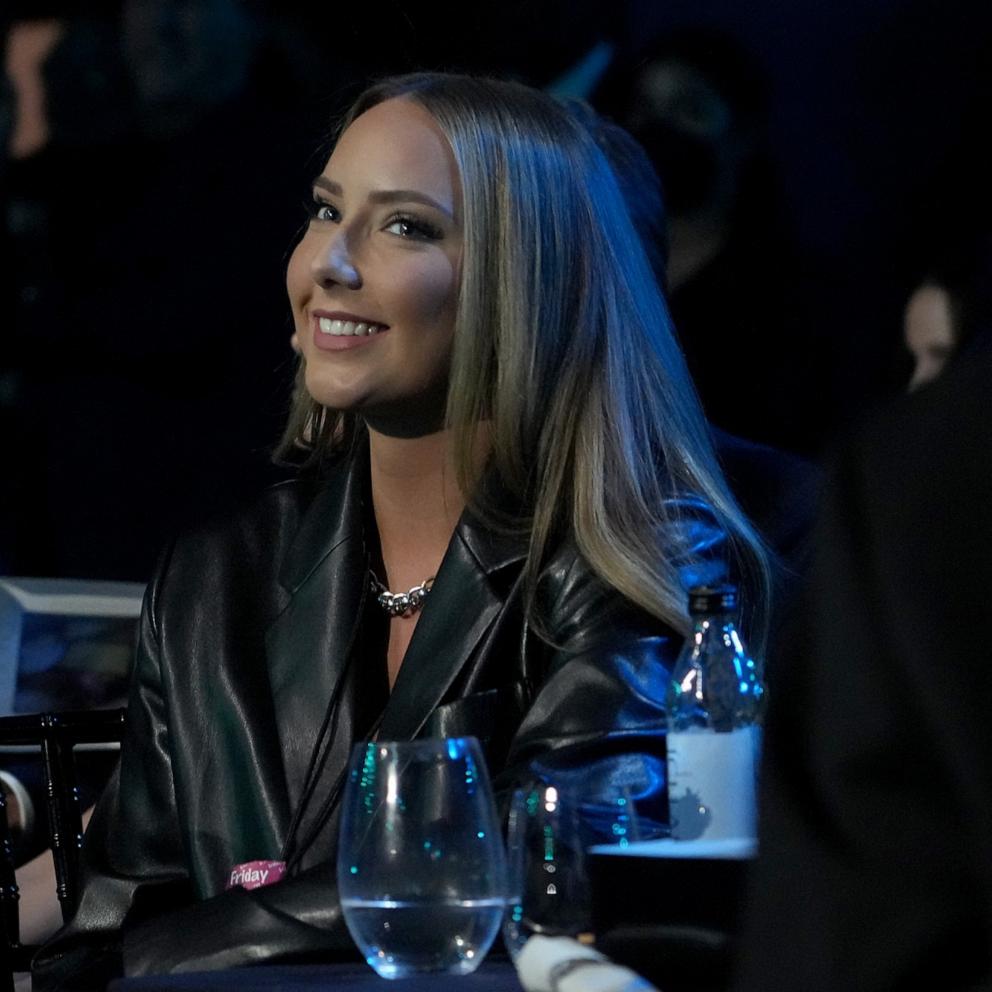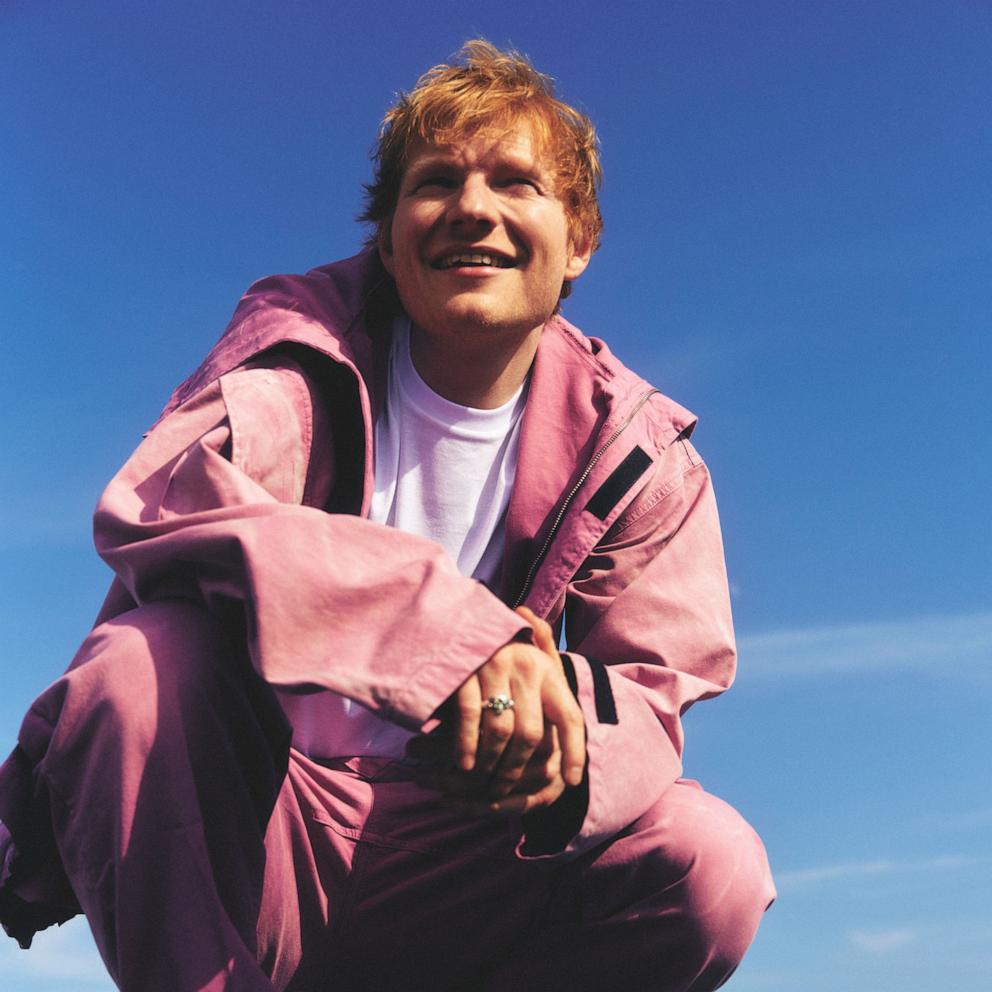Review: 'Ahsoka' is a provocative portrait of sisterhood taking on a fading patriarchy
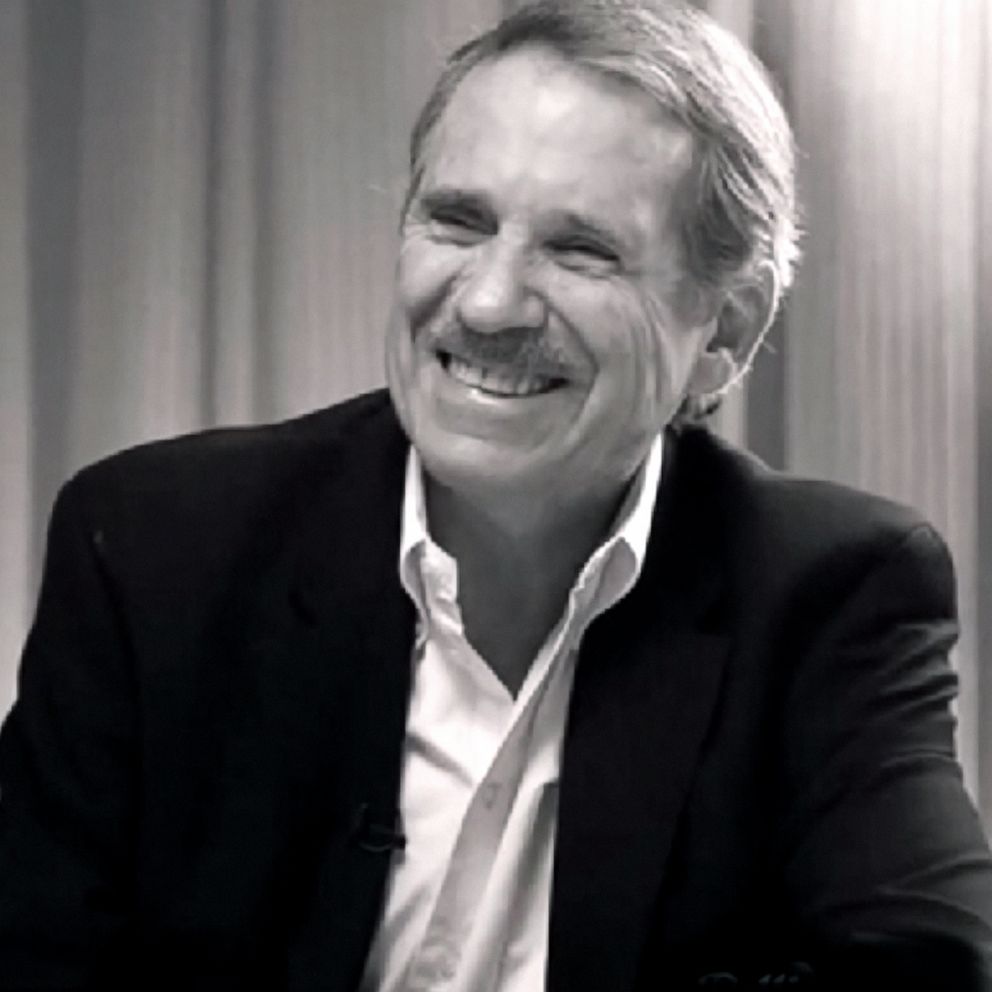
There's a rumor that the new "Stars Wars" series "Ahsoka," now streaming on Disney+, will be tough going for newbies to the Force. Nonsense.
What with the movies, TV shows, cartoons, comic books and merch, from bedsheets to lunch boxes, in the mix since creator George Lucas kicked off the franchise in 1977, half the world's population has been touched by this pop-culture phenom.
Don't worry if you resisted joining the club. "Ahsoka" won't scare you off.
Even in the two episodes of the eight-part, live-action series sent to critics, the groundwork is cogently presented by showrunner Dave Filoni, who wrote all the episodes and directed two of them.
Rosario Dawson is quietly riveting as ex-Jedi Knight Ahsoka Tano, playing her brilliantly like a gathering storm. The series follows Ahsoka after she's been rescued from her toxic master Anakin Skywalker (Hayden Christiansen), the monster out to rule the dark side as Darth Vader.

Are you with me? Having appeared in animated form in two "Star Wars" series, "Rebels" and "The Clone Wars," Ahsoka made her live-action debut as played by Dawson in "The Mandalorian" and "The Book of Boba Fett," in which her origins as part of the humanoid Togruta species, renowned for their distinctive orange skin and head formations, are made known.
And that's the character we join in "Ahsoka," a conflicted warrior estranged from the Jedi but on a mission to help the New Republic by opening a map in the shape of an orb that will lead to the location of evil Grand Admiral Thrawn (Lars Mikkelsen) and good guy Ezra Bridger (Eman Esfandi). Bridger is supposed to be dead, except death is relative in these parts.

Cheers to late actor Ray Stevenson, who died in May, who adds nuance and potent feeling to the villainous role of Baylon Skoll, who aids the formidable Morgan Elsbeth (Diana Lee Inosanto) to help the Empire strike back.
The Stevenson performance resonates powerfully, as does the comic mastery of "Doctor Who" virtuoso David Tennant in the voice role of the droid Huyang. Filoni himself offers eloquent beeps as the temperamental bot Chopper ("Chop" to his buds). For irresistible, you can't beat the animatronic Loth-cat who rivals Baby Yoda in the adorable sweeps.
But "Ahsoka" belongs not to dudes but to its women warriors. Dawson anchors the series. But Mary Elizabeth Winstead does wonders as General Hera Syndulla, the green-skinned fighter pilot whose warmth, wit and leadership abilities are essential to the plot.

"It's never a straight line with you Jedi," Hera teases Ahsoka. Who'd want it any other way?
It's Hera who tries to make peace between Ahsoka and her former padawan, the headstrong Mandalorian Sabine Wren, played with an inner fire to match her flaming hair by the terrific Natasha Liu Bordizzo.
It's the conflict between master and apprentice that gives "Ahsoka" its momentum and meaning. And Dawson and Bordizzo ride that conflict to glory.

Sure, some of the dings against the series are justifiable. The plot dawdles in getting its engines revving and you won't find the fresh dazzle of "The Mandalorian" and the dark terror of "Andor." But there's more than enough here to make viewers eager for the final six episodes.

"Ahsoka" overflows with lightsaber duels, space battles and droid massacres. But without characters willing to reveal their souls flash would count for little. What does count is the heart the actors invest in this provocative portrait of sisterhood taking on a fading patriarchy. Now that's worth celebrating.




